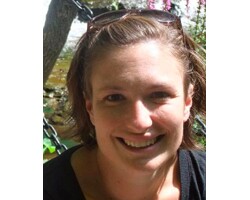
Of course grit matters in succeeding in teaching, just as it does in any profession. What’s new here is that these researchers have developed an easy way to measure grit and thus possibly predict which new, young teachers will be able to stick it out. This means that organizations that hire teachers (school districts or groups like Teach For America) can use the metric to be more efficient in selecting the teachers that will go into tough situations and stay put.
Rather than a real step forward for the teaching profession or our education system, however, this research strikes me as just another way to “do more with less.” This metric—just like some systems of teacher evaluation—creates the illusion that we can improve the quality of our teaching force simply by raising and narrowing our standards. But our problem is not that we’re not good enough at picking the people who can tough it out; our problem is that working conditions are so tough that not enough people want to go into teaching. It’s one thing to be able to identify the grittiest new recruits, the ones with the greatest chance of surviving those tough first years; it’s another thing to make teaching the kind of profession that attracts smart, reflective, highly educated people. I worry that too many reform efforts are focused on “getting the right people” and not enough are focused on building a profession that will sustain productive careers.
This study and others focus on grit as a fairly stable, very individual trait. Some people have it, and some don’t. But my experience as a teacher suggests that grit is more complex than this. As my colleague Shannon C’de Baca, an award-winning science teacher, told me, grit can “ebb and flow” according to a teacher’s context: “I think there are times when my grit is at max and there are other times when I am grit-deficient. It is at the highest when I have some positive folks around me.”
This resonates with research on social capital, which shows that teachers are stronger when they work within a functional community of strong teachers. So rather than trying to ferret out the grittiest teachers from a small pool of young people willing to teach, why not focus our efforts on designing schools to be places where all teachers can thrive?
Kathleen Melville is a National Board-certified teacher. She teaches English and Spanish at a public high school in Philadelphia, and is a co-founder of Teachers Lead Philly, an organization that promotes teachers as leaders of change in education. She is a member of the CTQ Collaboratory.